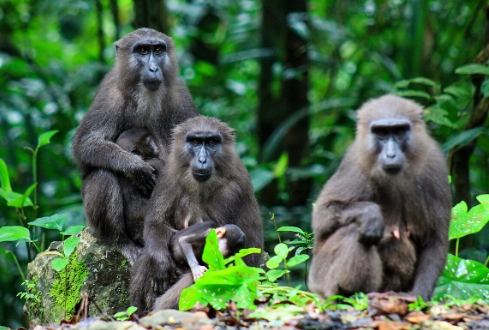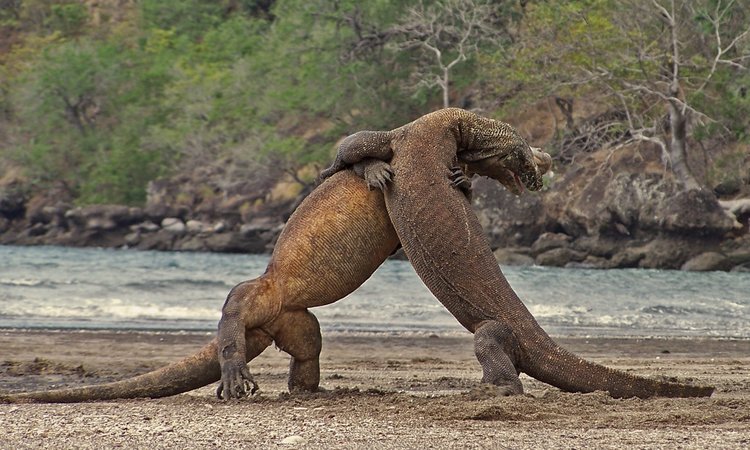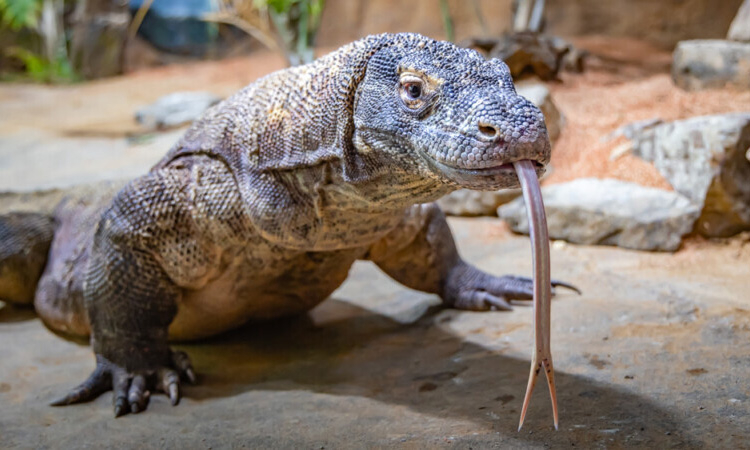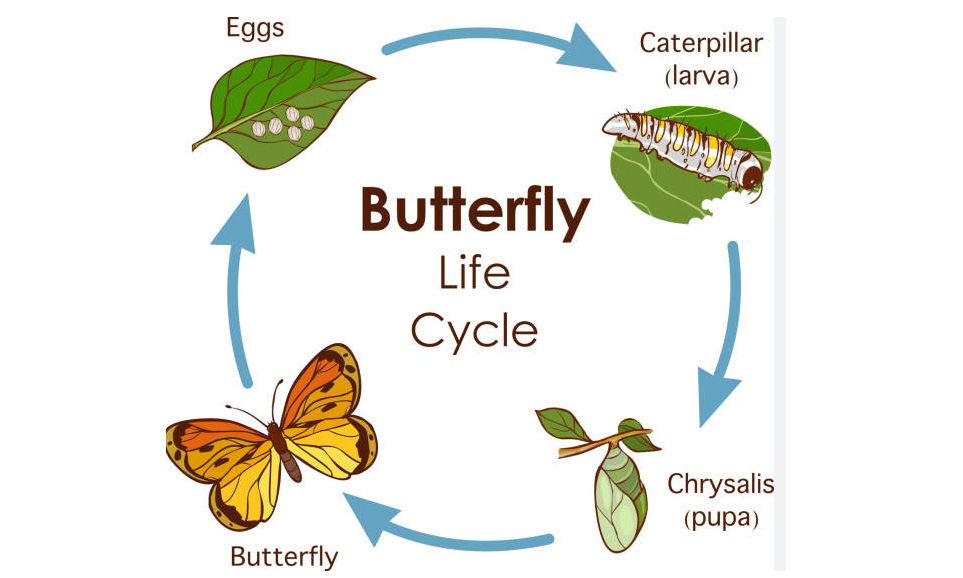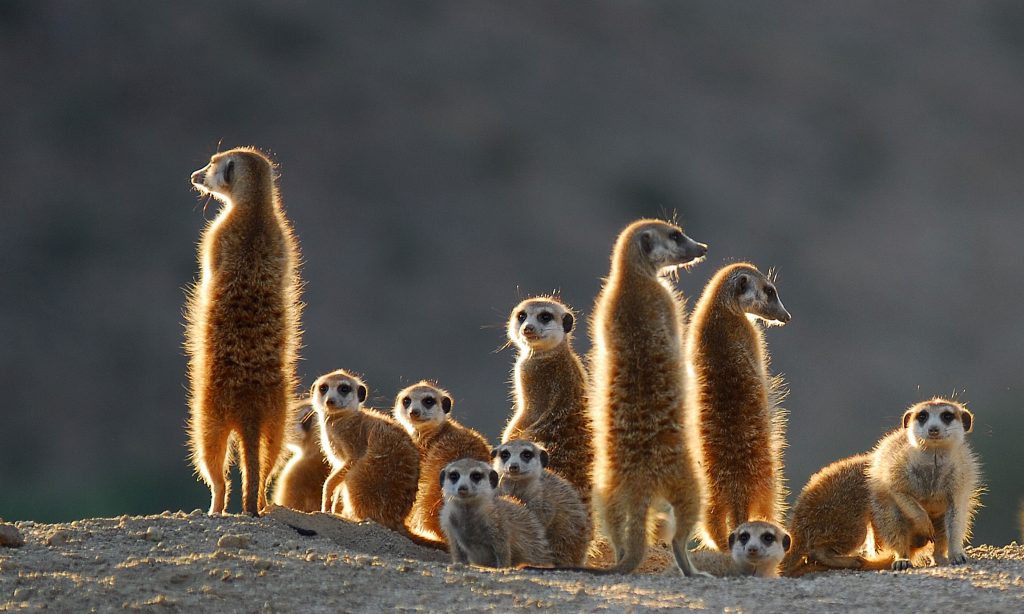Moor macaques, also known as Barbary macaques, are a species of monkey that are native to North Africa and Gibraltar. They live in large social groups, known as troops, and exhibit a fascinating array of social dynamics that are both complex and intriguing to observe.
Hierarchy within the troop
One of the most notable aspects of Moor macaque social dynamics is the hierarchy that exists within the troop. Dominance is established through a combination of physical strength, aggression, and social grooming. The alpha male is typically the largest and most aggressive male in the group, and he maintains his position through displays of dominance and aggression towards subordinate males.
Matrilineal society
Moor macaque troops are matrilineal, meaning that social relationships are based on the female lineage. Females play a central role in the social structure of the troop, with dominant females often exerting a significant amount of influence over the rest of the group. Female relationships are characterized by cooperation and mutual grooming, which helps to strengthen bonds within the troop.
Social grooming
Social grooming is an important aspect of Moor macaque social dynamics, as it helps to reinforce social bonds and maintain the hierarchy within the group. Grooming serves as a form of communication, with individuals using it to establish and maintain social relationships, as well as to alleviate tension and reinforce social status.
Conflict resolution
Conflict is a natural part of Moor macaque social dynamics, as individuals within the troop compete for resources and status. However, conflict is typically resolved through non-violent means, such as vocalizations, displays of aggression, and submissive gestures. By employing these tactics, individuals are able to maintain social harmony within the group and avoid escalating conflicts.
Play behavior
Play behavior is also an important aspect of Moor macaque social dynamics, as it serves to strengthen social bonds and provide opportunities for individuals to learn important social skills. Young macaques engage in playful activities such as chasing, wrestling, and grooming, which helps them to develop relationships with their peers and learn how to navigate the complex social dynamics of the troop.
Overall, the social dynamics of Moor macaques are incredibly complex and fascinating to observe. From the establishment of a hierarchy to the importance of social grooming and conflict resolution, these monkeys exhibit a wide range of behaviors that help to maintain social cohesion within the troop. By studying these social dynamics, researchers are able to gain valuable insights into the nature of primate sociality and the ways in which individuals interact and communicate within a group setting.
